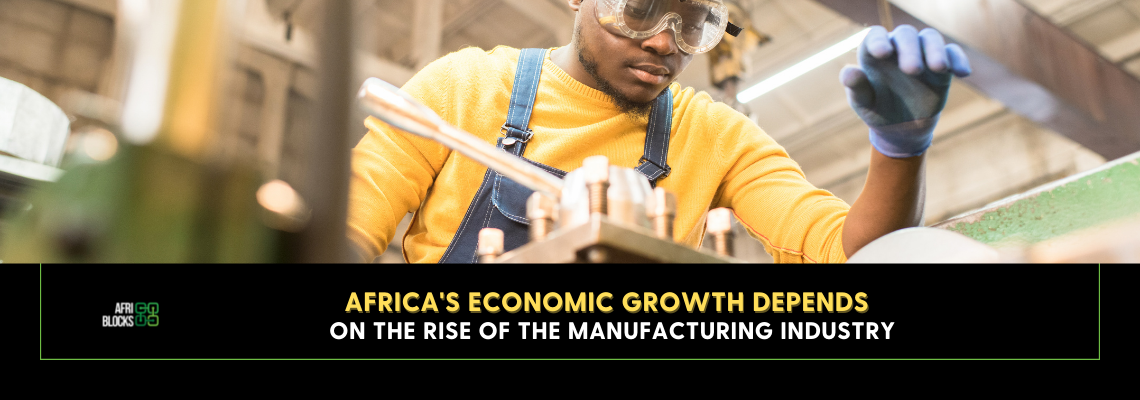
AfriBlocks Network
Africa’s startup scene has been constantly growing over the last few years. In 2021, African startups received over $4 billion in funding which broke the investment record for the continent. Projections for 2022 show that the record is likely to be broken again as more VCs find interest in African startups.
The activity that we see around African startups is fueled by the growing availability of capital. The billions that are being injected into African startups give founders confidence in their startup ideas. When potential entrepreneurs realize that they can gain access to funding, they start to turn their ideas into live startups.
Relationship between banks and startups
No matter which part of the world you are looking at, the banking sector is a vital part of the world of business (so obvious). As the startup industry in Africa keeps growing, the relationship between these businesses and banks needs to be strengthened. There are some challenges that startups face as they try to access the banking services that they need.
One of the key issues that affect the relationship between African startups and the banking sector is KYC compliance. Banks have KYC requirements that a significant number of people on the continent cannot access. This has led to the development and growth of mobile money solutions that have low barriers of entry as far as KYC compliance goes. Startups then face challenges when they try to have potential customers engage with their products as they may not be able to provide their services to people that aren’t compliant.
Another banking challenge that affects African startups is the inconsistency of banking laws and policies in some countries. There are cases where countries use multi-currency systems in a bid to preserve the value of people’s earnings. The local currency may be affected by hyperinflation which prompts the use of a currency such as the USD parallel to the local currency. Banks then convert from one currency to the other according to government policies.
The fact that funds can automatically be converted from one currency to the other overnight affects the operations of startups. If funding is received in a local bank account, there is a possibility that it can be converted to a local currency which affects the value. As a result, several African startups hold their funds in foreign bank accounts to avoid the risks that come with inconsistent policies that may result in the erosion of monetary value.
While holding finances in international accounts may be a better option, it does not come without its obstacles. Startups often find it difficult to open bank accounts in foreign countries. To open a bank account, startups are required to meet stringent conditions. In most cases, banks apply the same measures for all businesses, big or small. This makes it difficult for startups to fully utilize banking systems and the benefits they bring.
Africa is home to some of the world’s fastest-growing startups and startup ecosystems are growing with them. Finance is a vital part of these ecosystems and startups need good relationships with the banking sector. Rigid banking laws make it difficult for startups to fully utilize banking systems as there is a disconnect between the startup industry and banks. African startups are on the rise and banks need to provide the much-needed support to ensure that these startups grow to their full potential.










